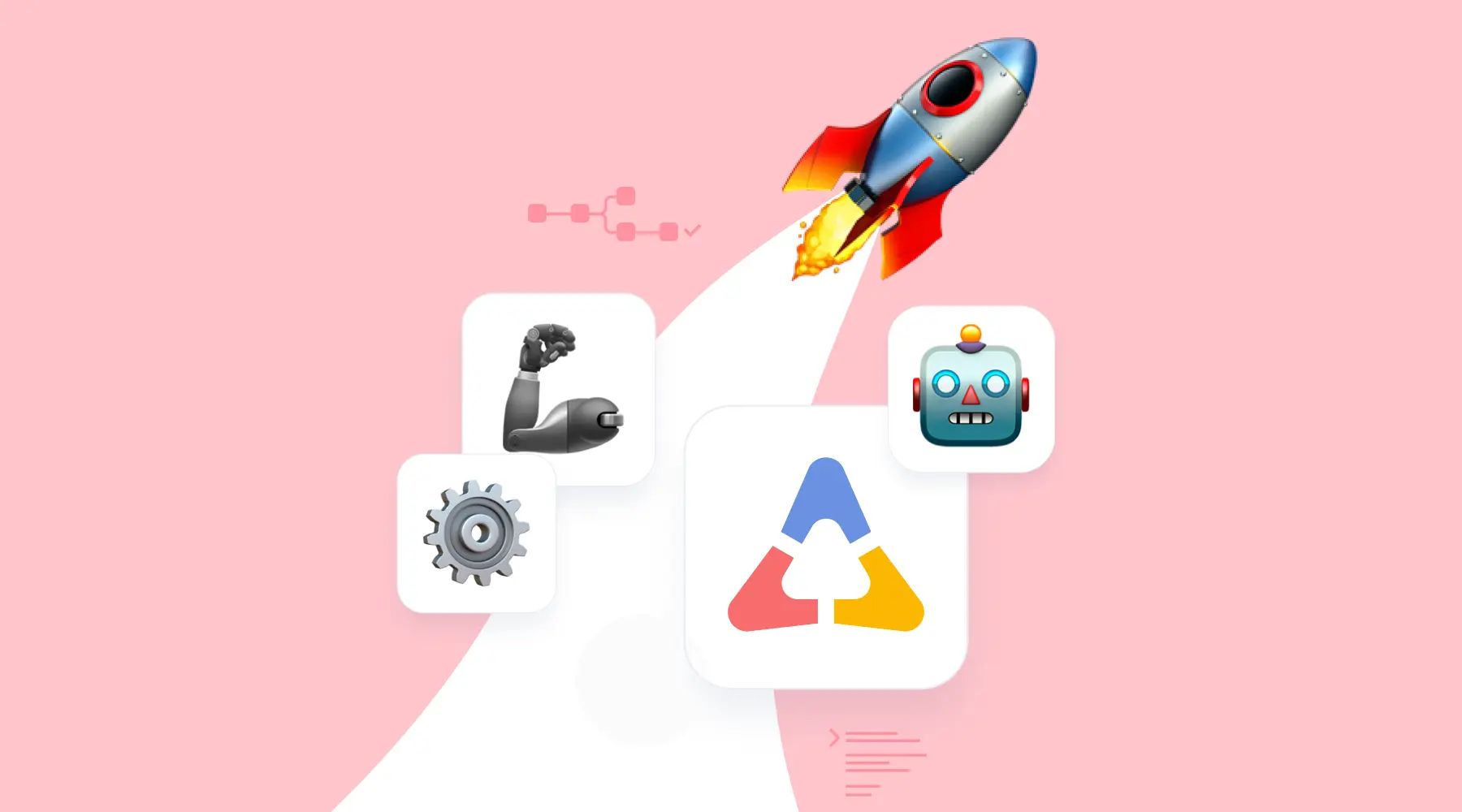
In today’s product landscape, product operations are often bogged down by manual processes, disjointed data sources, and the need to bridge gaps between customer feedback and product development. This creates inefficiencies, delays, and often leaves product teams making decisions without having full visibility into customer sentiment and needs.
The introduction of AI into product operations has the potential to fundamentally change how teams operate, bringing a level of automation and insight that wasn’t possible before. Tools like Actioner, specifically designed for product teams, are at the forefront of this transformation, enabling operations teams to streamline workflows, gain insights faster, and make more informed decisions. But how exactly does AI impact product operations, and why should teams care?
The Current Challenges in Product Operations
Product operations teams are responsible for ensuring that processes, tools, and data are in place to allow product managers and development teams to deliver features efficiently. However, they often face significant challenges:
- Disjointed Data Sources: Customer feedback is typically spread across support tickets, CRMs, emails and other platforms, making it difficult to get a holistic view of customer needs.
- Manual Data Collection: Teams often have to rely on manual efforts to collect and process data from these multiple systems. Even with data analysts on board, it takes considerable time and resources to pull together useful insights.
- Lack of Real-Time Insights: Without real-time data, product teams often make decisions based on outdated information, leading to inefficiencies and missed opportunities.
These challenges aren’t just operational inefficiencies—they can lead to misaligned product roadmaps, poor customer experiences, and ultimately slower product development.
AI’s Role in Transforming Product Operations
AI has already shown its ability to transform industries by automating repetitive tasks, delivering real-time insights, and streamlining processes. In product operations, AI can take this a step further by transforming how teams manage customer feedback and operational data. Here’s how AI can change the game for product operations:
1. Automated Data Processing
One of the biggest bottlenecks in product operations is manually aggregating data from disparate systems. AI can automate this process by continuously pulling data from support ticket systems, CRMs, and internal feedback tools, and consolidating it into actionable insights. With Actioner, this data is available in real-time, in an easily-consumable format, meaning product operations teams can eliminate the manual effort needed to create reports, freeing up time for higher-value work.
2. Real-Time Sentiment and Signal Analysis
AI can also analyze customer feedback at scale, something that was impossible before. Tools like Actioner offer sentiment analysis, allowing teams to track how customers feel about the product at any given time. If a new feature generates negative sentiment, for example, AI can identify the issue early on, enabling teams to address it before it escalates.
Actioner also uses product signals to detect trends in support data. By recognizing patterns in ticket submissions—whether they’re related to bugs, feature requests, certain features of your product or performance issues—product ops teams can take proactive measures, allocating resources more effectively and preventing issues from piling up.
3. Data-Driven Prioritization
AI can help product operations teams prioritize tasks based on business impact, customer sentiment, and ticket urgency. In the past, this might have required manual analysis of support tickets or CRM data, but with tools like Actioner, AI can rank issues automatically, ensuring that the most pressing problems are always at the top of the list.
For example, if a high-revenue customer submits multiple support tickets about a bug, Actioner can alert product ops teams immediately, ensuring that this issue is escalated appropriately. This makes the process of prioritizing features and bug fixes faster and more data-driven.
4. Empowering Cross-Team Collaboration
AI-driven insights are not just for product operations—they benefit the entire organization. By making data accessible and easy to understand through visual dashboards and various sharing options, tools like Actioner facilitate better collaboration between product managers, developers, and operations teams.
Rather than relying on long email threads or time-consuming meetings to explain customer issues, product operations teams can provide access to real-time and personalized dashboards that show relevant metrics, trends, and sentiment. This allows different departments to stay aligned without constantly pulling data from various systems.
5. Enhanced Efficiency and Focus
The result of all these AI-powered benefits is enhanced efficiency across product operations. Rather than spending countless hours pulling data, analyzing sentiment, and preparing reports, teams can rely on AI to automate these tasks. This enables product ops teams to focus on strategic initiatives that drive value, rather than getting bogged down by operational inefficiencies.
How Actioner is Revolutionizing Product Operations
At Actioner, we’re building the AI-driven tool I wish I had during my time at Atlassian, Opsgenie, and other companies I’ve worked for. We’ve designed Actioner to take the complexity out of product operations by providing real-time insights, automating data processing, and enabling teams to act quickly on customer feedback.
Here’s how Actioner can revolutionize product operations:
- Centralized Data: Actioner integrates with support tools like Zendesk and ServiceNow, as well as CRMs and issue management systems, to consolidate customer feedback and operational data into one central platform.
- AI-Powered Insights: Actioner’s AI provides instant summaries of key trends, including sentiment analysis and ticket volume distribituons, making it easier to stay on top of what matters most.
- Customizable Dashboards: Product operations teams can create their own dashboards, setting up the exact metrics and views they need to optimize processes.
- Proactive Alerts: With Actioner, teams are notified of issues as they emerge, ensuring they can take action quickly to prevent problems from escalating.
By leveraging AI to automate manual tasks and provide real-time insights, Actioner is designed to help product operations teams stay focused on driving outcomes, not managing data.
The Future of AI in Product Operations
AI has the potential to reshape product operations, allowing teams to work more efficiently and focus on what really matters: delivering a better product experience for customers. By automating routine tasks, providing data-driven insights, and facilitating collaboration, tools like Actioner are setting the stage for the future of product operations.
As product complexity grows and customer expectations rise, the ability to stay agile and informed will be critical. Actioner is here to help product operations teams rise to the challenge, empowering them to work smarter, not harder, and drive real business impact.
